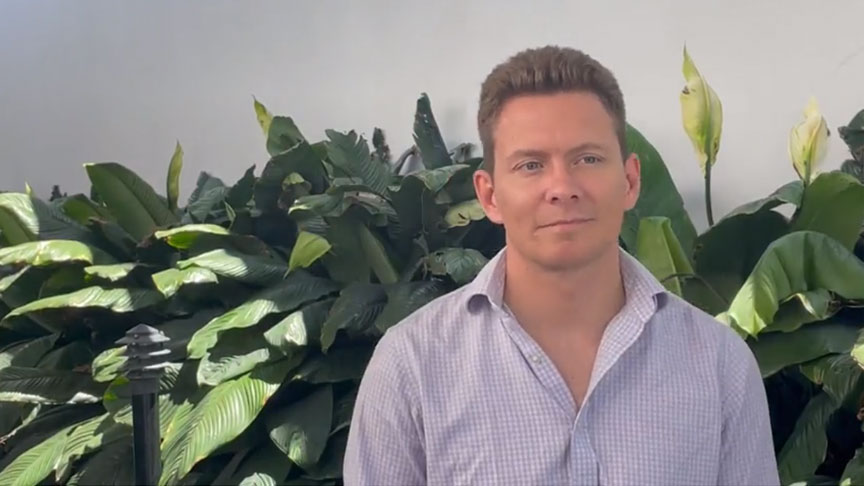
Sunshine Coast Hospital and Health Service (SCHHS) Public Health Physicians are urging locals to share memories, not germs with loved ones these Easter holidays.
School holidays provide a time for children to take a break from learning, for families to spend time together, and sometimes travel near and far for holiday breaks.
Public Health Senior Medical Officer Dr Nicolas Smoll says if you’re heading overseas, your first port of call should be booking in an appointment with your GP.
“It’s important to book in for a travel consultation before you travel. So book in to see your GP, and make sure all your immunisations are up to date,” Dr Smoll said.
“One of the most common immunisations that people often aren’t up to date with is their tetanus, which protects you against a dangerous infection that can enter through broken skin.
“If you get bitten by an animal overseas like a monkey or a dog, no matter how small that bite is, please seek medical advice urgently because you need to be protected against Rabies or Lyssa Virus. These are serious diseases, and after an animal bite you need to get urgently vaccinated and treated to prevent life-threatening infection.”
Health professionals are warning creatures great and small can pose a risk to the health of travellers, and to take measures to avoid insect bites.
“Destinations like India, Brazil or South America have a whole range of diseases that we don’t have here in Australia, particularly due to mosquitoes, which can carry viruses like malaria, Japanese encephalitis, dengue and yellow fever.”
Tips
- Stay in accommodation with mosquito nets or screens on doors and windows
- Wear long sleeved shirts and clothing
- Apply adequate mosquito repellent
- Travel with a medical kit
If you’re planning on staying local these holidays, it’s still important to stay mindful of hygiene to reduce risk of disease.
“It’s important, especially if we are going to crowded campsites, that we bring our own bottle of hand sanitiser, and be very stringent on hand sanitisation and also cooking. When you are cooking at a big campsite with lots of people with shared kitchens, wash your dishes thoroughly and wash your hands using both soap and water where possible and having hand sanitiser in addition to this,” Dr Smoll said.
For more information or safety tips visit: Safe, healthy, and happy: a list of everything you need for the holidays | Queensland Health